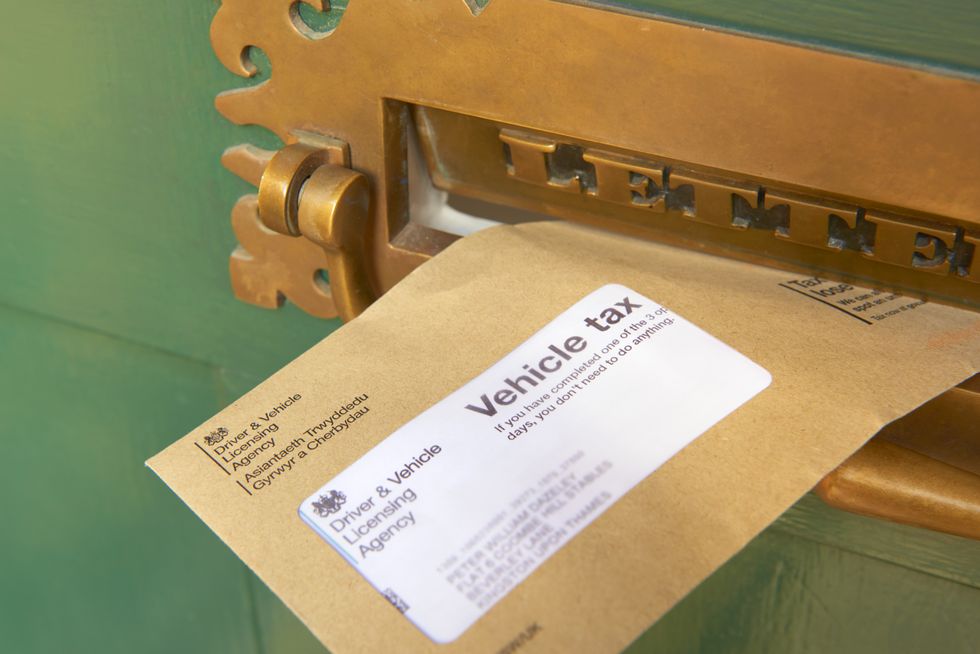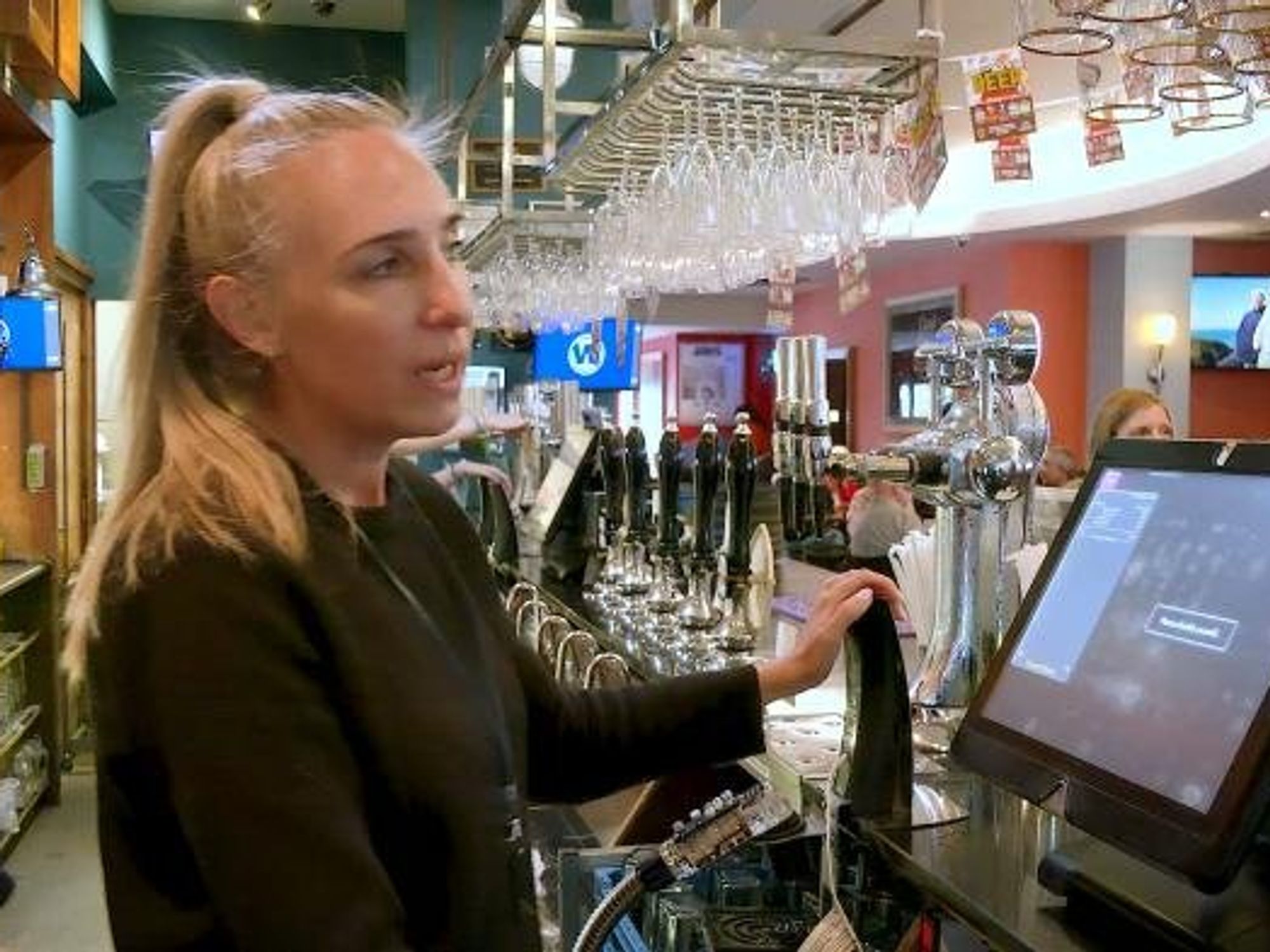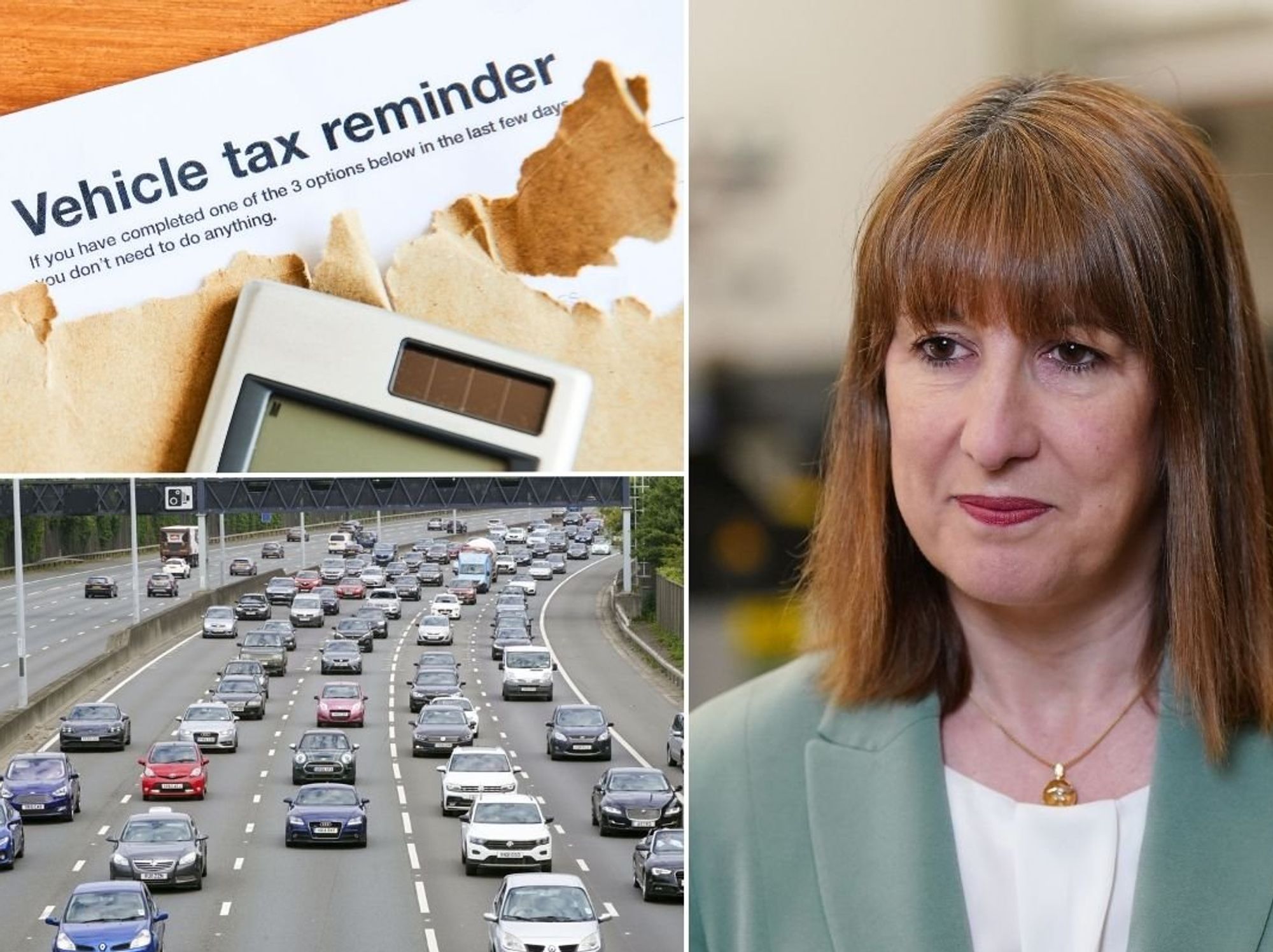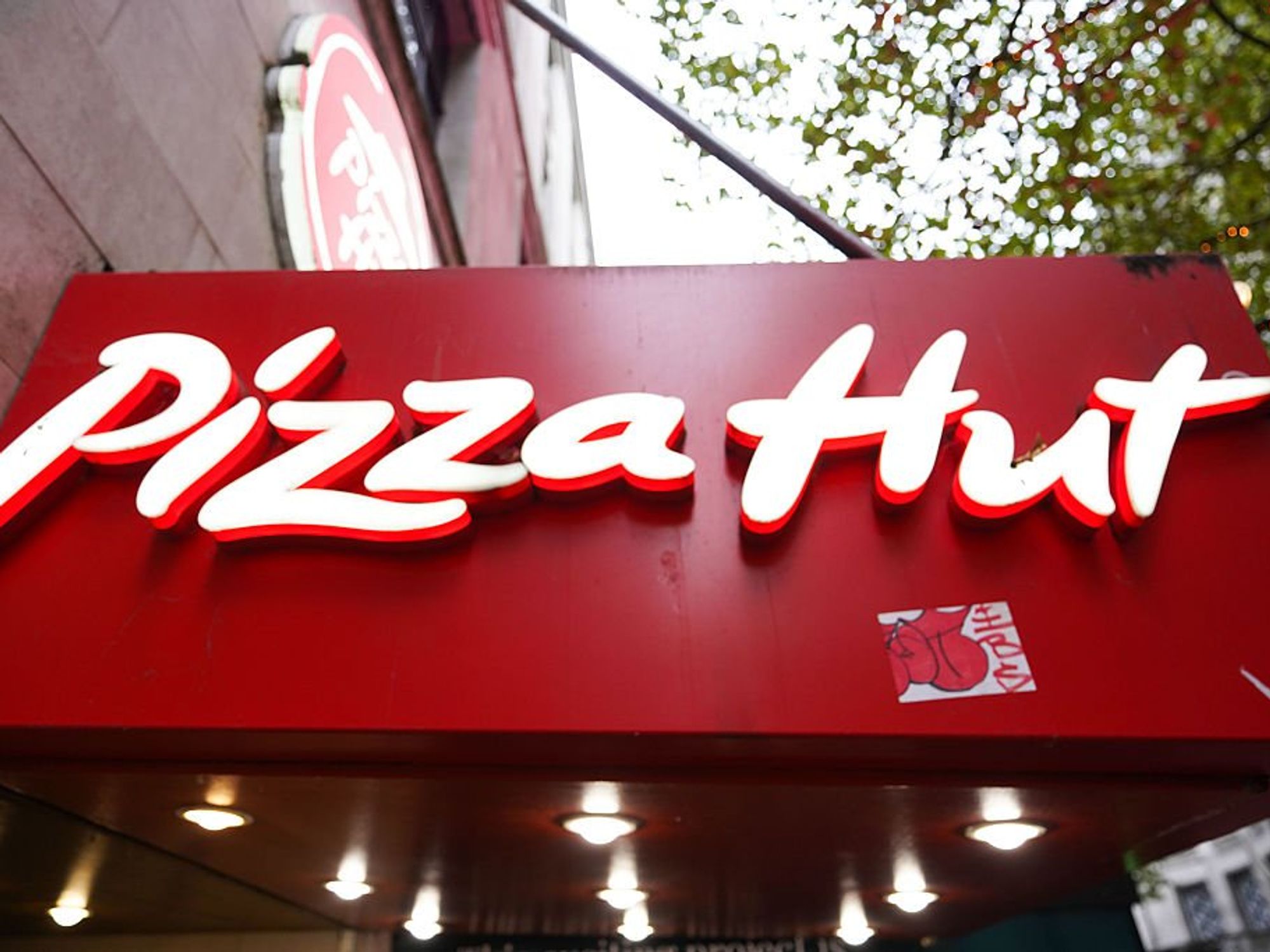Drivers may soon face pay-per-mile car tax changes as UK looks to recover £9billion from EV switch

Electric vehicles could also face pay-per-mile taxes
Don't Miss
Most Read
Latest
Drivers could face new car tax charges under the Labour Government as experts question the future of a pay-per-mile taxation system.
In a bid to claw back funds from the previous Conservative Government's overspending, experts have suggested that a pay-per-mile system could be the key.
The tax measure would see electric cars start paying their fair share alongside petrol and diesel models.
Global accountancy firm PwC warned that without a measure in place, the Government could risk losing £9billion of fuel tax revenues by 2030.
Do you have a story you'd like to share? Get in touch by emailing motoring@gbnews.uk

Electric vehicle owners will start paying VED in April 2025
| GETTYGrant Klein, PwC transport leader, told The Telegraph: “There are roughly 40 million licensed vehicles in the UK, which are a huge supporting contributor to the public purse and a shrinking fuel duty tax base will be cause for alarm as the current fiscal position remains stretched.
“It is difficult to imagine the Treasury giving up its substantial current fuel duty revenue without a replacement in mind.”
He added that it is “more important than ever” to think about the “long-term sustainability of tax revenues, and how increasingly dated taxation mechanisms can be replaced”.
A change to the tax scheme was labelled “unavoidable” by the Environment and Transport Association which previously raised concerns that road pricing is increasing.
Pay-per-mile road tax would replace the current Vehicle Excise Duty. Under the measures, drivers would pay tax based on the number of miles they drive each year instead of paying one lump sum.
However, PwC stated that the new tax changes should only impact electric vehicles and would help make up for the losses in VED as petrol and diesel cars get banned.
Electric cars will already face new tax laws next year when drivers start paying VED, something they previously were exempt from.
However, as the UK looks to bring back its original 2030 deadline for the ban of new petrol and diesel cars, experts have warned there needs to be something else in place to fill the gap.
Klein added: “Success would depend on effective planning and engagement with the public.
“Getting public acceptance is not trivial given the history of the road pricing narrative in the UK. The narrative gets more complex when you introduce additional objectives such as congestion, carbon and air quality.”
Despite this, other attempts to introduce a pay-per-mile scheme have been met with heavy public criticism with a petition garnering 1.8 million signatures against the idea.
The ETA warned that advocacy for road pricing carries “substantial political risks” as it is often portrayed as a “war on motorists”.
LATEST DEVELOPMENTS:

London Mayor Sadiq Khan has ruled out a pay-per-mile system in the capital
| GETTYThe Mayor of London, Sadiq Khan had previously stated: “I want to be crystal clear. A pay-per-mile scheme is not on the table and not on my agenda.”
He did say, however, that he would not move the goalposts on ULEZ emission standards.










